
Jean Toomer
Foley Barbara
The 1923 publication of "Cane" established Jean Toomer as a modernist master and one of the key literary figures of the emerging Harlem Renaissance. Though critics and biographers alike have praised his artistic experimentation and unflinching eyewitness portraits of Jim Crow violence, few seem to recognize how much Toomer's interest in class struggle, catalyzed by the Russian Revolution and the post-World War One radical upsurge, situate his masterwork in its immediate historical context. In "Jean Toomer: Race, Repression, and Revolution," Barbara Foley explores Toomer's political and intellectual connections with socialism, the New Negro movement, and the project of Young America. Examining his rarely scrutinized early creative and journalistic writings, as well as unpublished versions of his autobiography, she recreates the complex and contradictory consciousness that produced "Cane." Foley's discussion of political repression runs parallel with a portrait of repression on a personal level. Examining family secrets heretofore unexplored in Toomer scholarship, she traces their sporadic surfacing in "Cane." Toomer's text, she argues, exhibits a political unconscious that is at once public and private.
Al momento non disponibile, ordinabile in 3 settimane circa
Dettagli Libro
- Titolo: Jean Toomer
- Autore: Foley Barbara
- Curatore:
- Traduttore:
- Illustratore:
- Editore: Univ of Illinois Pr
- Collana:
- Data di Pubblicazione: 2014
- Pagine: 322
- Formato:
- ISBN: 9780252038440
- Non catalogati - Non catalogati
Libri che ti potrebbero interessare
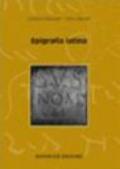
Epigrafia latina
Ulrico Agnati, Lorenzo Braccesi
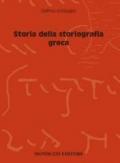
Storia della storiografia greca
Ambaglio Delfino
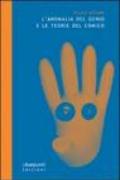
L'anomalia del genio e le teorie del com...
Accame Felice
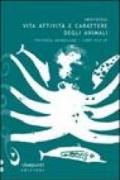
Vita, attività e carattere degli animal...
Aristotele
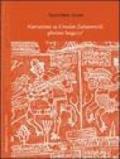
Narrazione su Uruslan Zalazorevic, glori...
Anonimo russo

Lavoro. Reddito. Sviluppo
Fragnito Alessio

Malena. Tre atti e qualche tango
Signorini Chiara M.

Tomás Luis de Victoria. Ediz. illustrat...
Filippi, Daniele V.
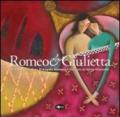
Romeo e Gulietta. Ediz. illustrata
D'Angelo Matassa, Gina

Hector Berlioz
Cosso Laura

Vladimir Horowitz
Alberti Alfonso

Orfeo al servizio del Führer. Totalitar...
Lorusso Lorenzo






